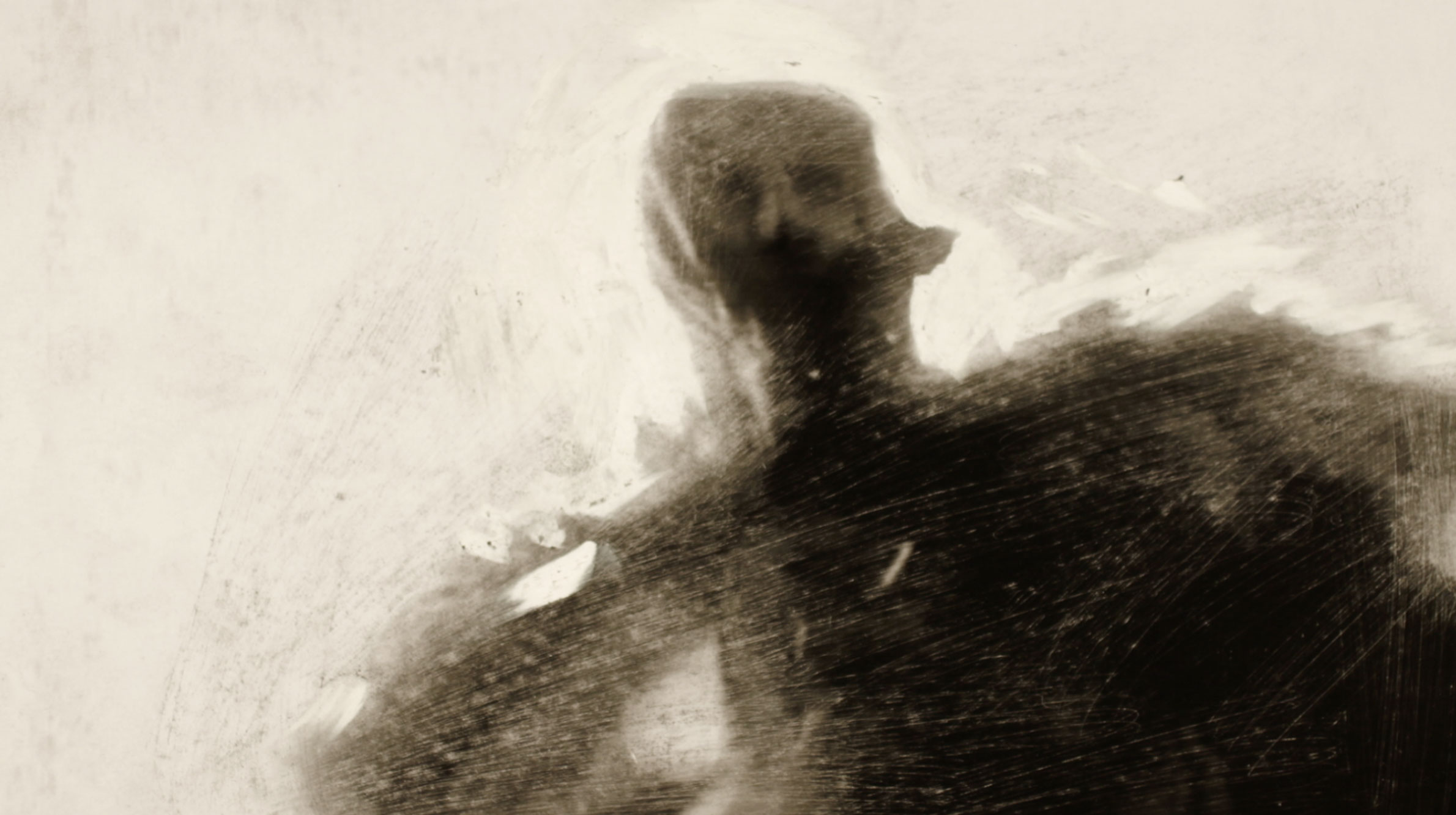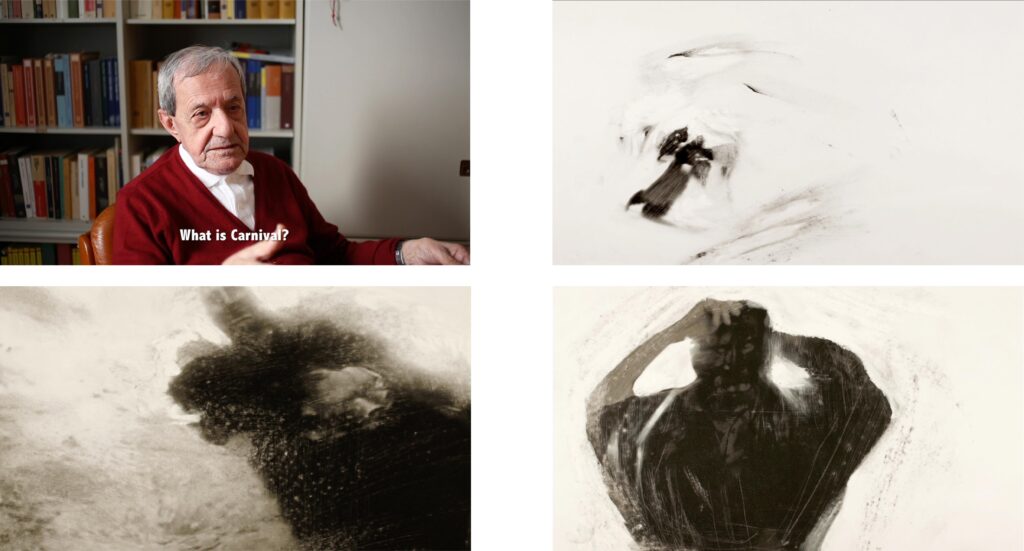Il Ponte rotto

Il Ponte rotto (still) – Single channel animated video – 8’ 57’’ (2016/2020)
Il Ponte rotto – Single channel animated video – 8’ 57’’(2016/2020)
What is Carnival? A ritual. What do you do when you see the characters of the Carnival? You participate. And where does this desire to participate come from? From your emotional world. Enrico Chiossone
It is essential to know in order to belong. Using Carnival, a ritual specific to the heart of the Barbaricinian island of Sardinia, as a metaphor, this project scrutinizes the transformation that occurred within this land’s culture. Sardinia is an Italian island located in the heart of the Mediterranean Sea. Consequently, the Sardinian folklore and traditions are the unique results of centuries of domination and exploitation. Mamoiada is a community with a population of approx. 2,582, and an area of 49,0km², located in the province of Nuoro. The town and the nearby area (Barbagia) are well-known for their Carnival, a festival of ancient celebrations rich in archaic meanings and folklore. The complexity of Sardinian’s Carnival is canonized by the passage of time. Jealously and secretly treasured, this ritual is renewed annually, even if superficially appears to be merely relegated to a single event. Therefore, it makes sense to raise the question around the relationship between tradition and innovation. It is inherent in the dynamic of rituals that they undergo a continual transformation over time. Through these rituals, this project highlights how memory should not necessarily be linked to its epistemological reasoning. A ceremony shouldn’t be merely studied or lectured; on the contrary, it should be enacted and shared by those still keeping it alive. These rituals undoubtedly use an effigy, something that recalls the opportunity of being able to believe. What is it if not the need to believe in what we see? Knowledge does not necessarily have to be found in books; instead, it can be experienced and dressed. As for masks during ceremonies, experiences are transmitted orally by those who already lived them in the past or, eventually, by those who will live them in the future.
_______________________________________________________________________________
Il Ponte rotto (stills)



